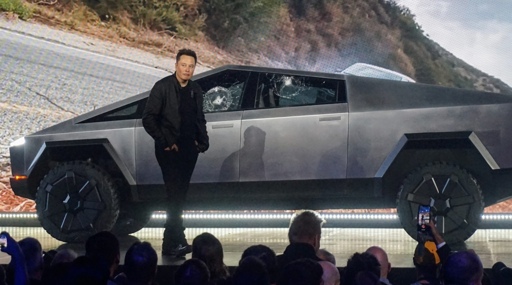Three things are no secret: 1) Elon Musk benefits more than any other individual from Tesla’s success, 2) Elon Musk has gotten extremely involved in political matters (emphasis on “extremely”), and 3) many people won’t buy Tesla products because of those first two facts.
New research from JW Surety Bonds finds that 1 out of 4 Americans “avoid Tesla’s technology due to their opinions on Elon Musk.” That’s a full quarter of the US public that won’t consider great electric vehicles, including the best selling vehicle in the world, because of Musk’s highly abnormal involvement in US politics.
Before we get to more of the research, it should also be noted that Musk has been getting more and more involved, including in highly abnormal and extremely right-wing ways, in European politics — in the UK, Italy, Germany, and other major auto markets. Without a doubt, this is starting to impact consumer behavior in Europe as well.
I can’t think of anything else as significant in consumer product sales. Yes, there are some other highly politically engaged business people, but they aren’t so directly involved or tied to significant mass-market products. (I’m not counting the MyPillow guy, for example.) There are founders and CEOs of major corporations who are known political actors, but not so openly and loudly that they draw widely significant scrutiny or tarnish the brand they represent.



The sample size for a population of 200 million (people in the US minus children and people over 70) with a confidence of 95% and error margin of 5% is below 400.
Surveying 800 people actually brings the error margin down to 3.5%, which is extremely good in terms of applied statistics.
Only if it was a representative sample.
400 people from a single community wouldn’t suffice.
True that. I’m assuming whoever did the survey knows what they are doing, but that’s not necessarily true, admittedly.
The only thing needed is to add ‘surveyed’ after the descriptor. Anything else is dishonest.
Do you think any statement which starts “x% of Americans…” Suggests they surveyed every single American alive?
Maybe they should specify “alive” though, because not telling you they’re not including past Americans who have died is dishonest.
Yes. 25% of U.S. citizens linguistically means 25% of all U.S. citizens. They don’t need to specify alive, because they had to be alive inorder to participate. It is not dishonest in this case because they (the original study) listed the date the survey was conducted and didn’t not try to portray an old study as modern.
You’re being absurdly literal - 25% of US citizens within the context of a study does NOT linguistically suggest it means 25% of total living US people. The fact that no one else in this thread shares your interpretation shows you completely lack the ability to parse basic comprehension of the English language without taking the absolute most literal path, which given the nuances of the English language, is usually the wrong interpretation.
All I take from this is that you’re distraught I don’t agree with you.
Did you just try “U mad bro?”. What are you, 10 years old? That was probably your only takeaway because you have the reading comprehension of a 10 year old.